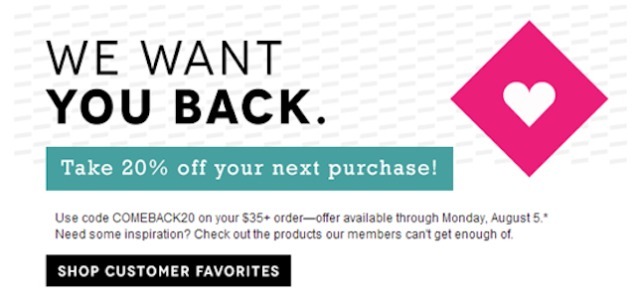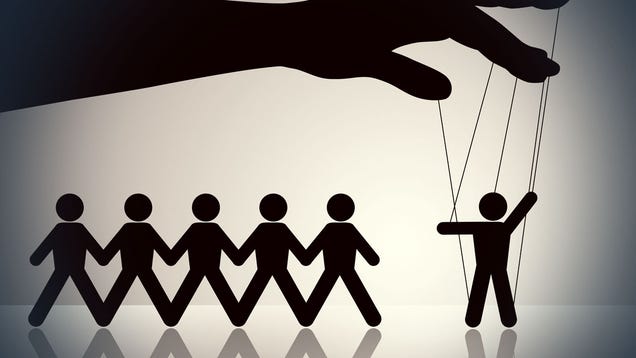We have talked about what a coupon is a million times. A coupon is a tool used by businesses to influence consumer buying behavior by creating a temporary way to alter the perceived value of a good or service. Almost 100% of the time, businesses have pre-negotiated with vendors, pre-planned, and thoroughly mapped out how to change prices without affecting their bottom line.
A good example of this is when business plans on issuing a coupon for a product, so they release it at a higher price. Let's take two hypothetical situations:
1) A book's retail price is $10. The book has no coupons
2) The same book's retail price is $15 dollar's and the seller gives out "$5 off" coupons
In the first case, the customer is presented with a fair and reasonable price for the book. The consumer is left alone to decide whether the book is a good or bad value at $10. This is the way is should be: the consumer is the one with most of the power. The consumer is left to make a decision based on the actual value of the item.
However, let's look at the second situation in which the consumer pays the same price for the same book, but was given a coupon. In the second case, new variables are added into the equation that completely shift power away from the buyer and give it to the seller: perceived value and urgency. First, the normal price of the book is more expensive. This means subconsciously it seems more valuable. Second, the coupon is for $5! That is a huge discount, right? Third, it expires this week so if the consumer wants to take advantage of this exclusive opportunity to have something supposedly worth $15 dollars for $10, they better buy now!
The end result is that the coupon adds false value to the product just for the purpose of lying to the customer and getting them to make a rushed, emotional decision rather than a value-based, rational decision. Am I the only one that thinks that seems unethical?
With that I'd like to leave you with a few questions to think about:
- Would you rather a business put its best foot forward and let you decide what to buy or tries to manipulate your decision-making process?
- Do you really want to buy products from companies that would rather trick you than let their products speak for themselves?
Food for thought.
Thanks for reading!
Chris@scannibal


